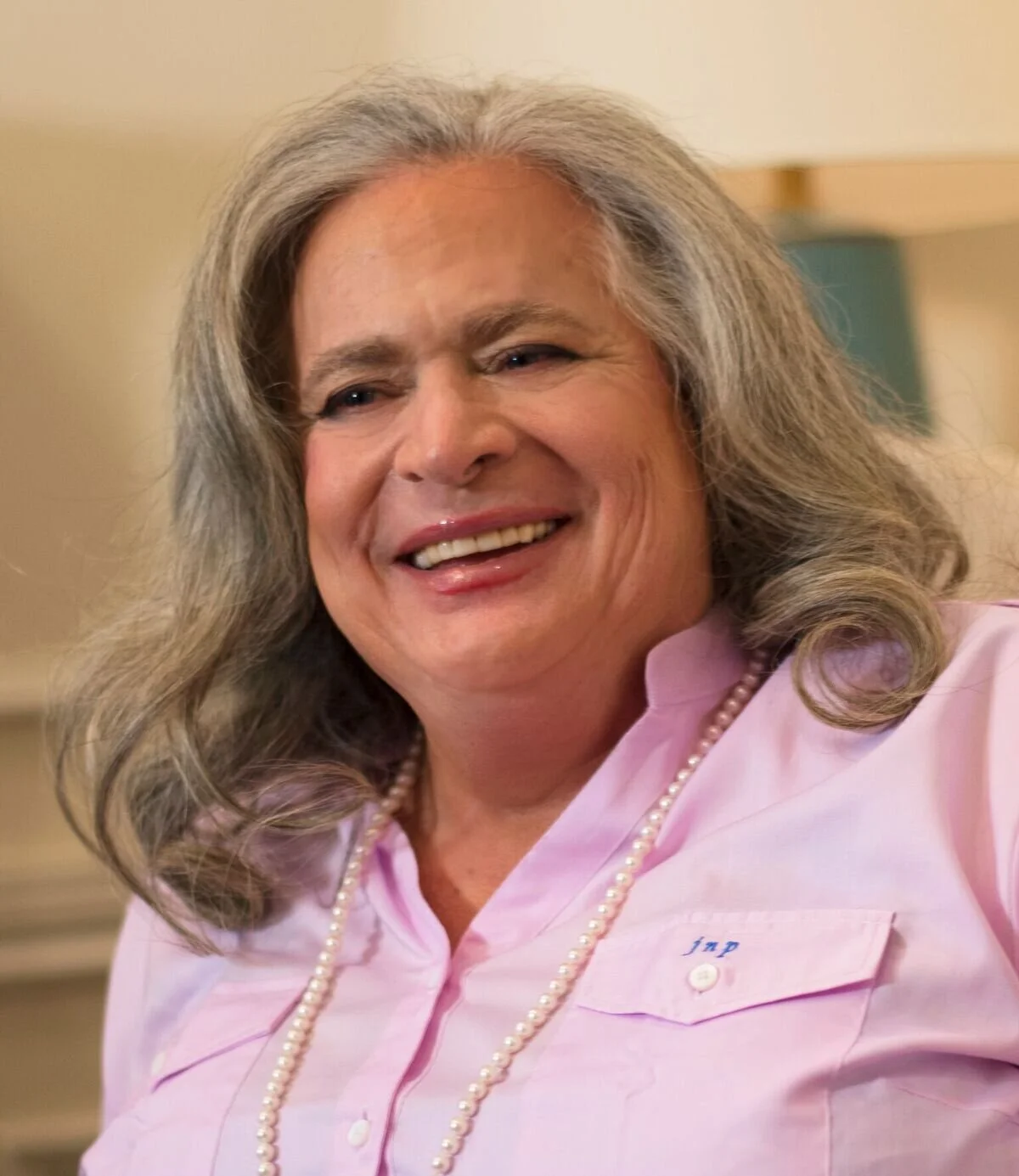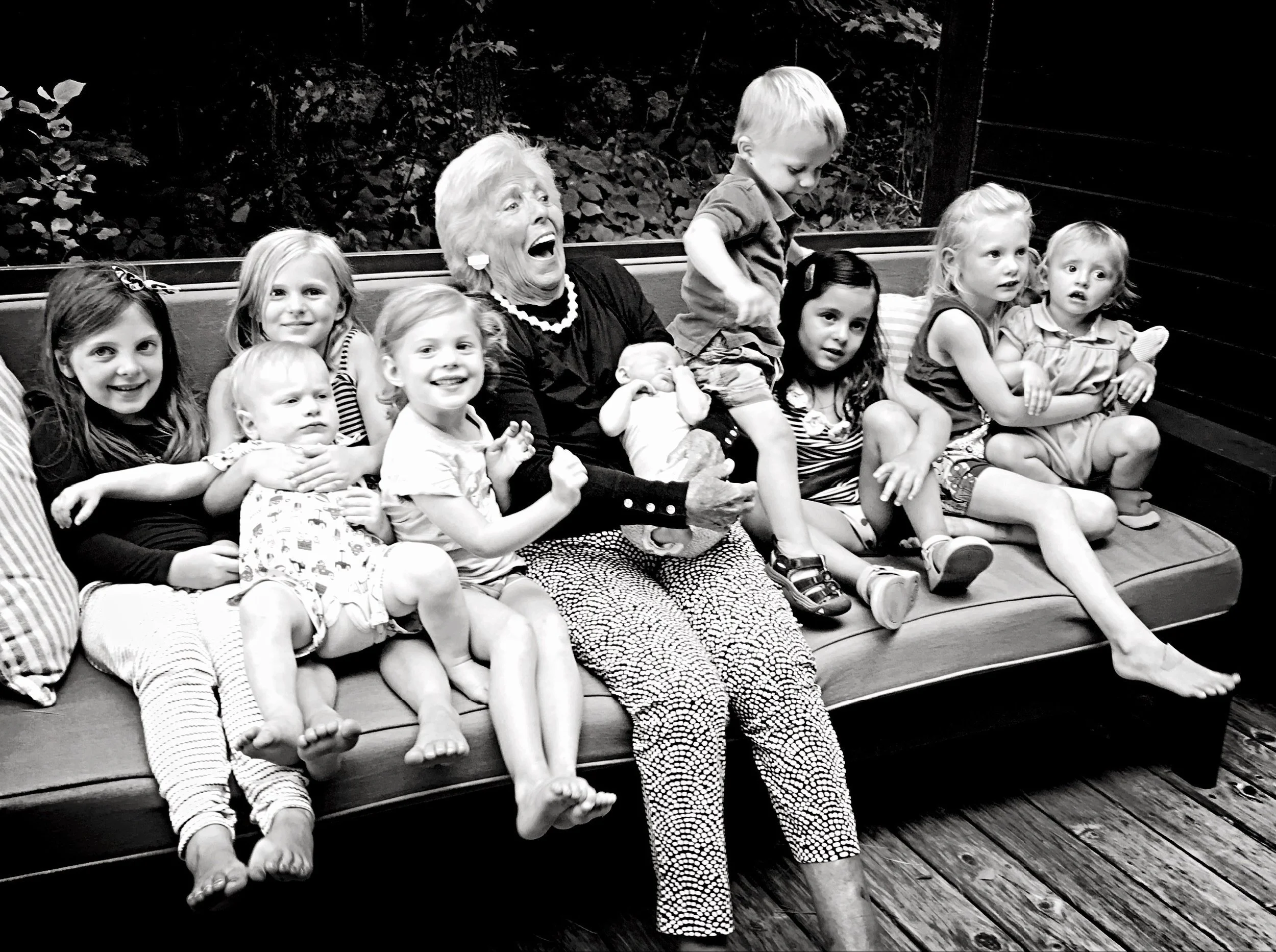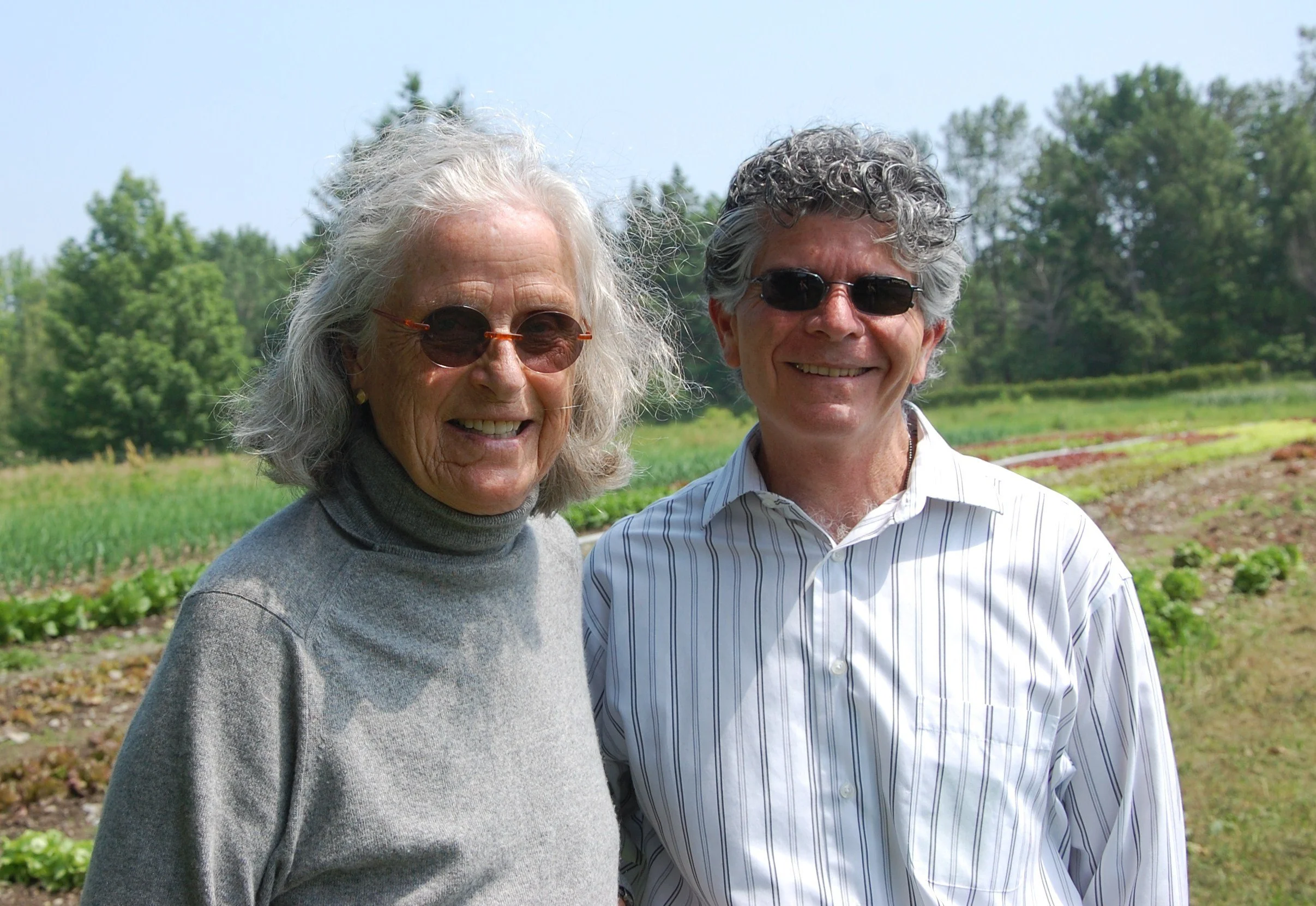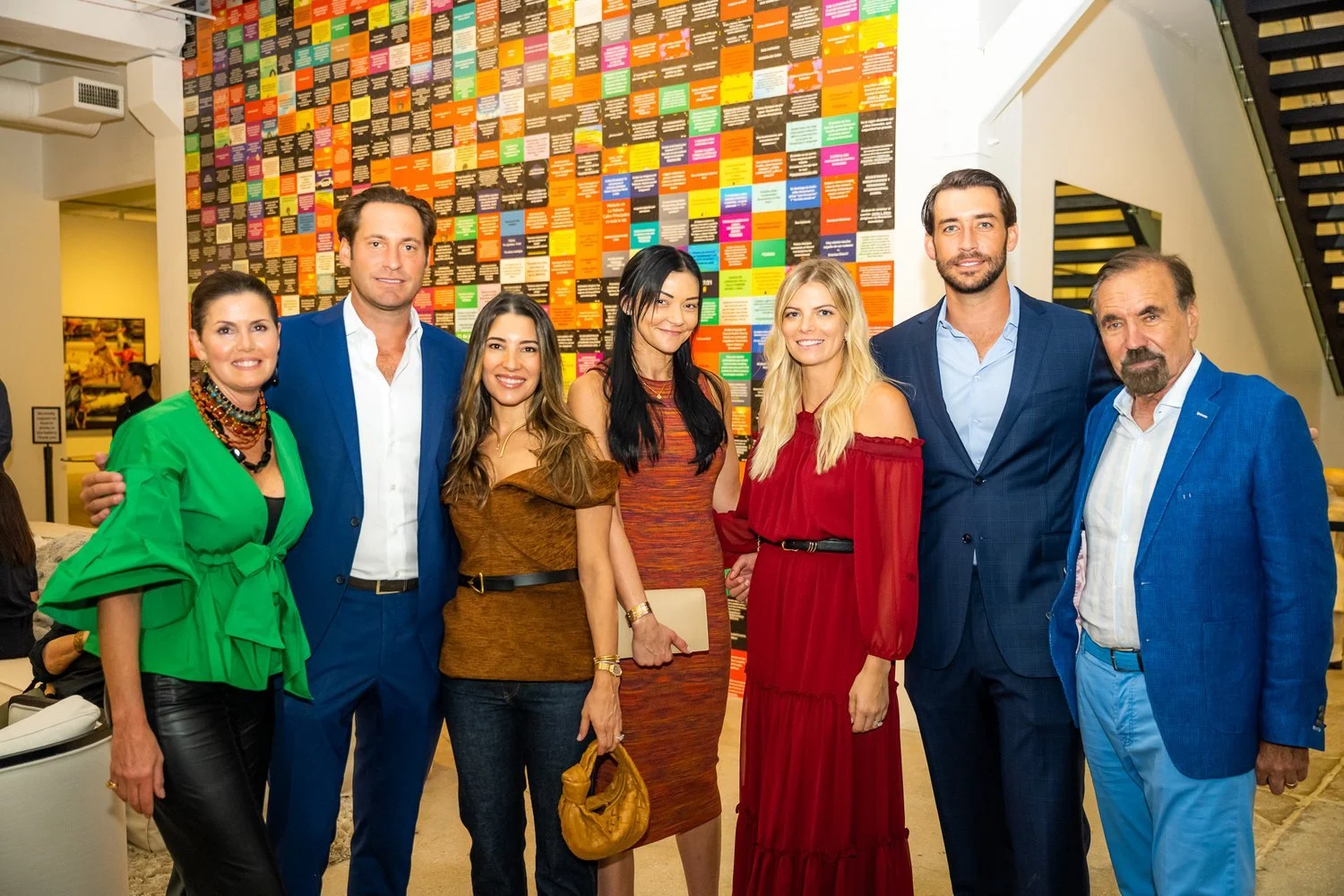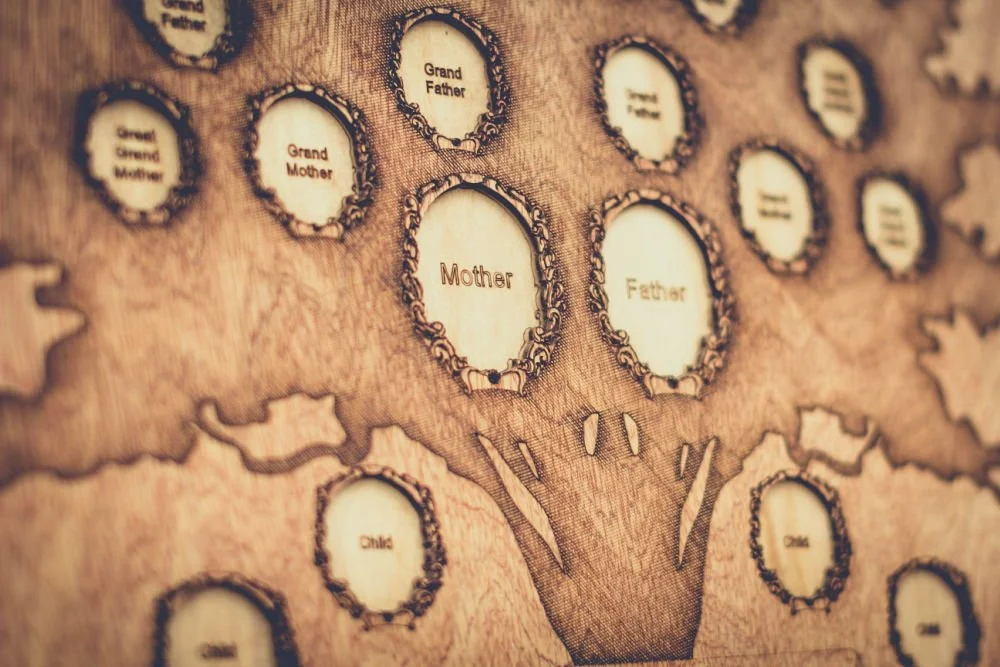Colonel Pritzker: A Chicago Billionaire Focuses on Veterans, LGBTQ Causes and More
/Jennifer Pritzker.
While families like the Waltons and Kochs might be more well known, the Pritzker family of Chicago also holds enormous wealth. In 2016, Forbes estimated the family’s net worth at $29 billion—counting 11 billionaire family members. Paving the way for what is now one of America’s richest families, late patriarch Naphtali ben Yakov Pritzker arrived in the Windy City in the early 1880s as a penniless Jewish immigrant from Ukraine. He taught himself English, worked his way through law school, and launched a thriving law firm. Today, the billionaire Pritzker clan derives their fortune from the Hyatt hotel chain and investments.
Penny Pritzker is perhaps the most prominent member of the Pritzker billionaires, and served as secretary of commerce under President Obama. Her younger brother, Illinois Governor J.B. Pritzker, founded private investment firm Pritzker Group. Montana resident Linda Pritzker, meanwhile, goes by Lama Tsomo these days, and launched a charity focused on Buddhist meditation practice and retreats.
The philanthropy of the various Pritzker family members is extensive, and we’ve worked hard to explain who in this wealthy clan is supporting what. (See a rundown here.)
Among the Pritzker givers is 69-year-old retired Lieutenant Colonel Jennifer Pritzker, who inherited stakes in the family's Hyatt chain and is worth $2 billion as of this writing. She is also founder of private wealth management firm TAWANI Enterprises —an amalgam of the names of her three children, Tal, Andrew and William. Colonel Pritzker moves philanthropy through the Tawani Foundation, which supports organizations involved in military awareness and heritage, arts and culture, health and wellness, the environment, LGBTQ rights, as well as human rights. Grants through the foundation totaled $10.5 million in in a recent fiscal year.
“Philanthropy is a long tradition in my family, going back five generations,” Pritzker told me in a rare interview, adding, “even before the family got into the upper brackets, my great-great grandfather’s will made several disbursements to a number of charitable organizations through his children.” When Pritzker was a kid, she recalls getting involved with UNICEF. And during the Chicago blizzard of 1967, she says she helped dig out cars and then worked in the kitchen at St. Joseph Hospital.
Beyond Writing Checks
Pritzker launched the Tawani Foundation in 1995. Eight years later, on the heels of retiring from the military, she founded the Pritzker Military Museum & Library (PMML). The Pritzker Military Foundation serves as PMML’s grantmaking arm and supports “similar nonprofit organizations that preserve American military history, restore historic military artifacts and make them accessible to the public.” In 2011, PMML expanded and moved into the landmark Monroe Building in Chicago’s Loop, which the colonel purchased for $31.2 million and restored.
Like many donors who create foundations, Pritzker saw starting a grantmaking institution as a way to get more organized in her giving and better engage her family. Through Tawani, she explains that she was able to consolidate her charitable activities rather than just sit at a kitchen table writing checks to organizations. All three of her children serve on the board, personally contribute, and drive a component of giving.
When her two sons were teenagers, she and her sons got involved with the Greater Chicago Food Depository, the hub for a network of more than 700 food pantries, soup kitchens, shelters and other programs. The Pritzkers spent time working in a warehouse, loading up boxes for distribution, and then hitting the streets and delivering food for a few days.
“It was good that I was able to have my kids join me in a philanthropic hands-on activity so that they could really understand and see where that money was going. This was worth as much as writing a seven-figure check,” she says.
An Army Veteran
For nearly three decades, Colonel Pritzker served in the U.S. Army, U.S. Army Reserve and the Illinois Army National Guard. Her story of service begins in the mid-1970s, when she enlisted as a private in the U.S. Army, serving with the 82nd Airborne Division. She attended ROTC at Loyola University, where she received her B.A. in history in 1979. The colonel went on to serve with the 101st Airborne Division and VII Corps in the Federal Republic of Germany.
Unsurprisingly, Pritzker makes supporting veterans and their families a priority in her giving. She’s been involved with Jewish War Veterans for more than 40 years and is particularly keen on the group because it’s one of the oldest continuing veterans organizations in the country. She also works with the Women in Military Service Memorial Foundation, the fundraising arm of the Women In Military Service For America Memorial—the only major national memorial honoring all women who have defended America throughout history.
“There are not very many monuments dedicated solely to women who have served. Only one I can think of is in New Orleans, Marine Corps Molly, honoring those who fought starting in World War II,” Pritzker tells me.
Tawani Foundation made a recent $10 million gift to Pritzker’s alma mater, Loyola University Chicago, funding a range of efforts including scholarships and stipends for students who are veterans or the children of veterans, and students enrolled in the university’s ROTC program, as she was. Her mother Audrey also graduated from the university.
Pritzker is a longtime supporter of Norwich University in Vermont, where was a voting member of the board of trustees and now an emerita member. The oldest private military college in the country, it educated the likes of Gideon Welles, secretary of the navy during the Civil War. “Above all, it’s an institution that trains leaders in both the civilian and military sectors,” Pritzker says.
Speaking with Pritzker, it became clear that she wasn’t just a veteran, but also someone with a deep reverence for history. The Pritzker Military Museum & Library was born out of her own personal holdings of books and artifacts. A self-described “bibliophile packrat descended of several generations of bibliophile packrats,”she formed the nonprofit because she wanted to hire a professional librarian to manage her growing collection and loan out work. But over time, the organization has grown far beyond what she originally imagined.
Today, PMML engages in fundraising, counts a staff of about 20 to 30 people, and houses about 67,000 books, 120 defense serial and journal periodicals, exhibition areas, and a theater with a state-of-the-art production studio. Veterans tell their stories at the Coleman T. Holt Oral History Room, which bears the name of a Tuskegee Airman and Chicago attorney.
Pritzker speaks to the value of launching a formal 501(c)(3) because it allows her to preserve her collection in an organized way where she still has control, while sharing her pieces with the general public. Down the line, Pritzker wants the organization to go public and endure beyond her lifetime.
“It’s already moved way beyond my personal hobby, and that’s a good thing,” she says.
Not Just Advocacy, But Research
Born James Pritzker, the colonel announced in 2013 that she would live her life as a woman. While many in the Pritzker clan are staunch Democrats, including her cousins J.B. and Penny Pritzker, Jennifer Pritzker is a major Republican donor. She’s written checks to the likes of John McCain, Mitt Romney and Donald Trump, for whom she voted. However, in recent years, and on the heels of Trump’s tweets about a transgender military ban, Pritzker has been outspoken against the current administration.
Speaking to PBS, she said, “There are 13,000 members of the armed forces who are transgendered, and by extrapolation, at least 1.4 million transgendered people in the United States. Something needs to be done to help all of them. No one person can hope for progress in their own life without offering support to people in a similar situation. You don’t leave people behind on the battlefield.”
And in speaking to me, Pritzker echoed No.1 Parachute Training School RAF’s motto: “Knowledge Dispels Fear.” To that end, philanthropy doesn’t just focus on advocating for LBGTQ causes, but on supporting research to help the general public better understand these communities.
“What, precisely, is a transgender person, and what does it involve? What’s important to them? What do they need? I think it would demystify them and help people understand that the majority of them are basically no different than anyone else,” Pritzker explains to me.
Not too long ago, Pritzker gave $2 million to the University of British Columbia to establish the world’s first chair for transgender studies. She’s also strongly involved with the Palm Center, a think tank known for coordinating research into the military’s “don’t ask, don’t tell” policy. Last decade, the Tawani Foundation gave $1.35 million to the University of California’s Palm Center to study how transgender people fare in the military.
Other work has involved the University of Minnesota Medical School’s program in human sexuality and the Williams Institute UCLA Law School, a think tank “dedicated to conducting rigorous, independent research on sexual orientation and gender identity law and public policy.”
Pritzker also speaks glowingly about World Professional Association for Transgender Health (WPATH), which she calls the “go-to organization for anything having to do with transgender issues.” She’s involved with WPATH as an associate member while membership consists of anyone who provides direct services to transgender people, including physicians, psychologists and psychiatrists.
Susan Rifkin, Tawani Foundation and Pritzker Military Foundation executive director, adds that overall grantmaking focuses on adding value without duplicating effort. They encourage grantees to work together so that they can operate more efficiently. The foundation also gets creative about support, sometimes using a combination of program grants along with matching its challenge grants. “It’s really a case-by-case basis where we can understand what works best in a given situation,” she tells me.
Rifkin is particularly hopeful about their support of LGBT research because even when nonprofits don’t receive direct support from the foundation, they can use the research Tawani backs in their work. “When we fund research in LGBT space, then advocacy organizations can use this to push their case,” she says.
The Arctic Tundra
“Antarctica is a mountain snow ice desert of 5 million square miles. That’s an area comparable to the Canadian border to all the way down near Cancun or Panama.” So Pritzker begins as she digs into the story behind her foundation’s environmental work.
The colonel knows these coldest parts of our planet better than most. During the 1980s, she spent time serving near the Arctic Circle. In the 2000s, she participated in and bankrolled expeditions to Antarctica and the South Pole with astronauts Owen Garriott, James Lovell and Birgit Sattler—the first Austrian woman to visit the South Pole.
Pritzker is particularly interested in these regions because this is where some of the most valuable data on climate change resides. “We’ve been using data from these regions to study what’s happened to the planet, and what could happen to the Earth in the future,” she says.
Pritzker created the Robert A. Pritzker Center for Polar Studies and Meteoritics at the Field Museum, which bears the name of her late father, an ardent supporter of the Field Museum himself. Pritzker’s support helped the museum hire a curator to use their collection of meteorites and encourage field research in these regions. Much like her escalating work through PMML, the colonel also realized the power of using an established institution like the Field Museum and in empowering experts to spearhead this work.
“There was a limit to how much I could do as a private individual citizen. So now, I channel the same amount of dollars through interested and well-established institutions to be more effective,” she says.
A fan of classical music, Pritzker has also supported places like Chicago Symphony Orchestra (CSO). She serves on the board of the institution and TAWANI Enterprises is just a few blocks away. She also funds the Museum of Science and Industry, which she started visiting as a kid, and local radio WFMT, to which she is perpetually tuned whenever she’s in Chicagoland.
Including her children, the Pritzker family’s philanthropy is now in its sixth or seventh generation in the city of Chicago, she notes. But this isn’t just a story about a donor with deep multigenerational ties to a city content with staying in her lane. Colonel Pritzker’s giving exemplifies giving that is deeply personal, and also constantly evolving. The larger Pritzker clan and their varied interests make them a philanthropic family to keep an eye on for many years to come.

